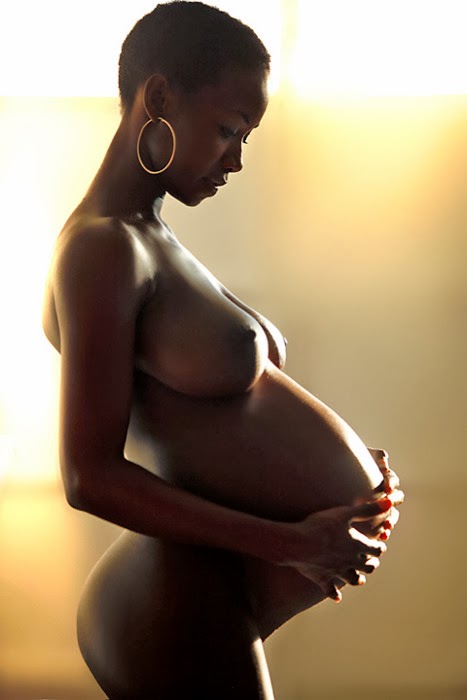Herbalist Dr MziziMkavu
JF-Expert Member
- Feb 3, 2009
- 42,319
- 33,125
Pole Sana lakini umekwenda Hospitali kufanyiwa uchunguzi? Nenda Hospitali ya Muhimbili wakuchunguze kisha uje hapa utuambie wamekuambia kitu gani? ikishindikana jaribu kuwasiliana na mimi kwa njia ya Email yangu Address hii hapa fewgoodman@hotmail.comMziziMkavu na wana jf wengine naombeni ushauri wenu. mimi nina tatizo la miscarriage kila ninaposhika mimba. ya kwanza nilishika miaka miwili iliyopita lakini iliharibika siku ambayo ilitimiza miezi miwili. mwezi uliopita nilishika mimba ya pili lakini imekaa mwezi mmoja tu. na kuharibika siku ilipotimiza mwezi mmoja. sijawahi kufanya abortion wala kuzaa. umri wangu ni miaka 28.
Mimba kuharibika

Mimba iliyoharibika wiki sita hivi baada ya kutungwa, yaani wiki nane hivi baada yahedhi ya mwisho.

Shamba la Mungu kwa watoto wasiozaliwa.
Mimba kuharibika ni tukio linalopatikana mara nyingi katika wanawake na mamalia wa kike kutokana na shida mbalimbali katika ukuaji wamimba tumboni mwamama.
Ni tukio tofauti na utoaji mimba ambalo linasababishwa na binadamu kwa makusudi.
Matukio yote mawili kwa kawaida yanaleta matatizo mbalimbali kwa mama.
Kuharibika kwa kijusi au kiinitete pengine kunatokana na mfadhaiko wa kiajali au sababu za kimaumbile. Mimba nyingi huharibika kutokana na kutonakiliwa kisahihi kwa kromosomu; pia huweza kuharibika kutokana na mazingira.
Mimba inayotamatika kabla ya wiki ya 37 katika kipindi cha ujauzito husababisha uzaaji wa mtoto hai na hujulikana kama kuzaliwa mapema.
Kijusi akifa akiwa ndani ya chupa ya uzazi baada ya wiki 22, au wakati wa kujifungua, kwa kawaida hujulikana kama mzaliwa-mfu au siriziki. Kuzaa mapema nauzazimfu kwa jumla hauchukuliwi kama kuharibika mimba ingawa matumizi ya maneno haya wakati mwingine yakaingiliana.
Kati ya 10% na 50% ya mimba hutamatishwa kwa njia zinazoweza kubainishwa kimatibabu, kutegemea umri na afya ya mwanamke mjamzito.
Mimba nyingi huharibika katika hatua za mapema sana za ujauzito, kiasi kwamba mwanamke hafahamu kwamba alikuwa mjamzito. Utafiti mmoja uliofanywa kupima homoni za kutoa yai na ujauzito uligundua kuwa 61.9% ya uhamili ulipotezwa kabla
ya wiki 12, na 91.7% ya kuhabirika huko kulitokea bila ya dalili, na bila ya fahamu ya mwanamke aliyekuwa mjamzito.
Hatari ya kutoka mimba ghafla hupungua kwa kiasi kikubwa baada ya wiki 10 kutoka kipindi cha mwisho cha hedhi.
Kisababishi kikuu cha mimba kuharibika katika miezi mitatu ya kwanza huwa matatizo ya kromosomu ya kiinitete / kijusi, hali ambayo husababisha angalau 50% ya kutoka kwa mimba mapema.
Sababu nyingine ni pamoja na magonjwa ya mishipa (kama lupus), kisukari, matatizo mengine ya homoni, maambukizi, na
matatizo ya chupa ya uzazi.
Umri mkubwa na historia ya mimba zilizotangulia kuharibika ni sababu mbili kuu
zinazohusishwa kwa pakubwa na mimba kuharibika ghafla.
Hiyo inaweza pia kusababishwa na kiwewe kinachotokana na ajali.
